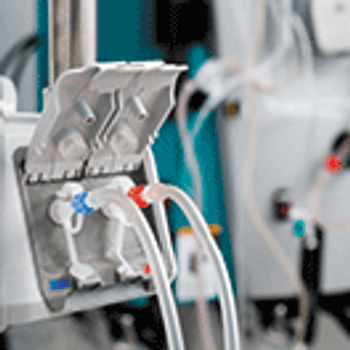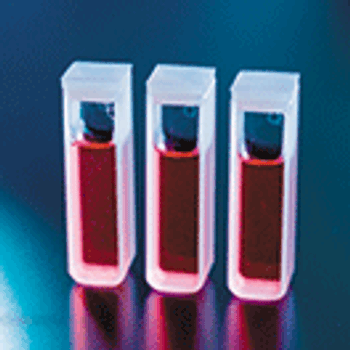
Ferring Pharmaceuticals will expand its biologics capabilities at its headquarters and manufacturing site in Saint-Prex, Switzerland.

Ferring Pharmaceuticals will expand its biologics capabilities at its headquarters and manufacturing site in Saint-Prex, Switzerland.

Single-use technologies are starting to gain ground as capacity needs change, but industrywide adoption remains low.

The new Acquity Arc Bio System by Waters is specifically engineered to enable efficient transfer and improvement of bioseparation analytical methods.

The funding from the Walloon Region will enable Univercells to start developing a manufacturing platform aimed at driving down costs of biosimilars manufacturing.

A new target for the treatment of multiple myeloma using CAR-T technology was discovered by researchers at Osaka University.

An antibody-based Zika virus therapeutic that protected monkeys from infection might be safe enough for administration to pregnant women.

Sartorius Stedim Biotech will equip Abzena’s contract development and manufacturing facilities in Bristol, PA, and San Diego, CA, with single-use equipment and scale-up technologies.

The contract manufacturing company has completed construction on a new aseptic fill/finish facility in Wuxi, China.

The authors present a robust and easy-to-implement chromatography column performance assessment method, called direct transition analysis (DTA).

MilliporeSigma will collaborate with IPS and G-CON to offer end-to-end, turnkey, modular MAb manufacturing.

FDA has approved a Pfizer biosimilar to J&J’s top-selling anti-inflammatory biologic, Remicade.

The European Medicines Agency has granted Samsung BioLogics approval to manufacture a monoclonal antibody at the company’s second facility in Songdo, Incheon, South Korea.

FDA has accepted for review Eli Lilly and Company’s biologic drug candidate that is in development for treating migraine.

The new 30,000-L, $150-million biologics manufacturing facility in Wuxi, China, quintuples the company’s existing manufacturing capability.

Binding Site has introduced a number of new monoclonal antibodies targeting infectious diseases, including cytomegalovirus, hepatitis (A, B, C, and D), herpes, human immunodeficiency virus (HIV), rubella, and toxoplasma.

The acquisition gives GE Healthcare access to a nanofiber-based platform purification technology that can offer improvements in biopharmaceutical productivity.

The agency has approved a biologic-based new molecular entity for treating hemophilia A and has expanded the indication for a leukemia drug to now treat a common form of non-Hodgkin lymphoma.

As part of the deal, J&J’s Janssen will pay an upfront payment of $50 million to research, develop, and commercialize up to six bispecific antibodies.

The company’s new modules offer scalable single-pass diafiltration and were exclusively showcased during its Leadership Forum series in Westborough, MA.

The companies have established a joint laboratory to develop full continuous processing to manufacture high yields of monoclonal antibodies at reduced costs.

As part of the $900-million deal, Incyte will pay $150 million upfront to develop and commercialize an anti-PD-1 drug candidate from biopharmaceutical company, MacroGenics.

AbbVie will pay a $205-million upfront payment and have the option to develop and commercialize two antibody targets globally.

The biopharmaceutical company has received a $4.2-million grant from the Bill & Melinda Gates Foundation to invest in the development of new treatments for Enterotoxigenic Escherichia coli infections, a bacterial cause of diarrhea in the developing world.

The partnership and the formation of the institute intend to bring together industry, academia, and regulators to tackle challenges and provide solutions for continuous manufacturing.

Under an agreement, ProBioGen will develop a stable cell-line for and manufacture an anti-cancer antibody for Chiome using its proprietary cancer cell-killing technology.